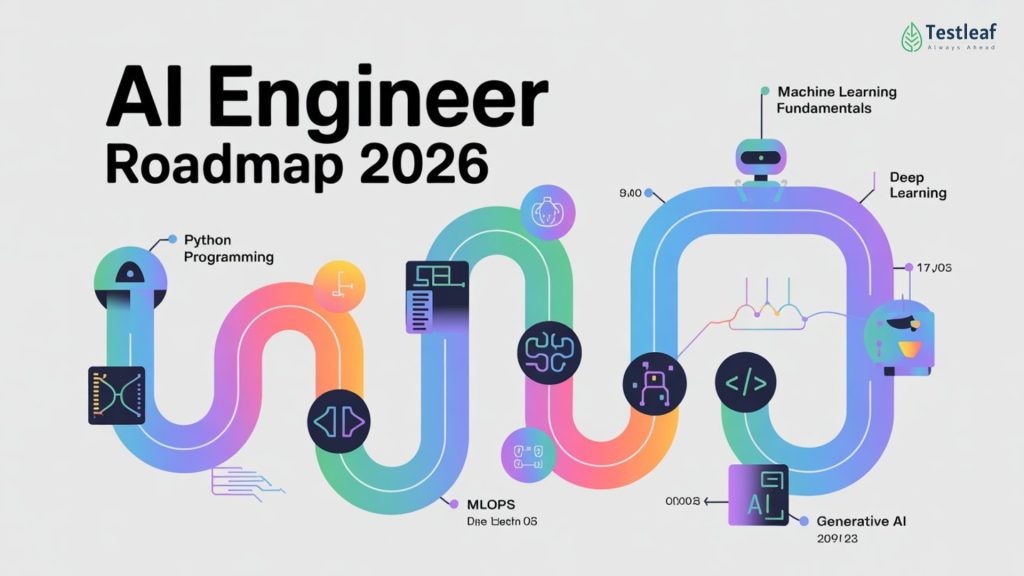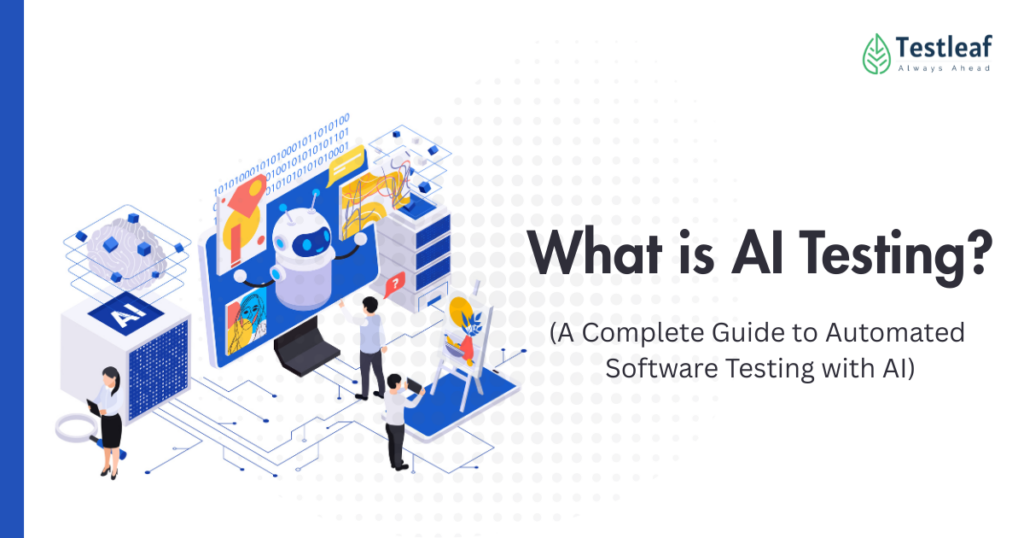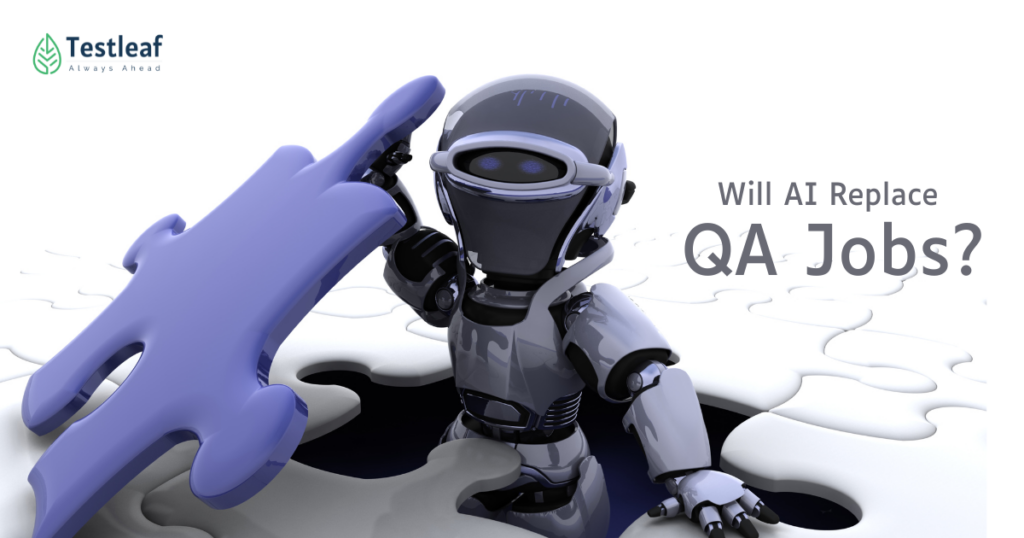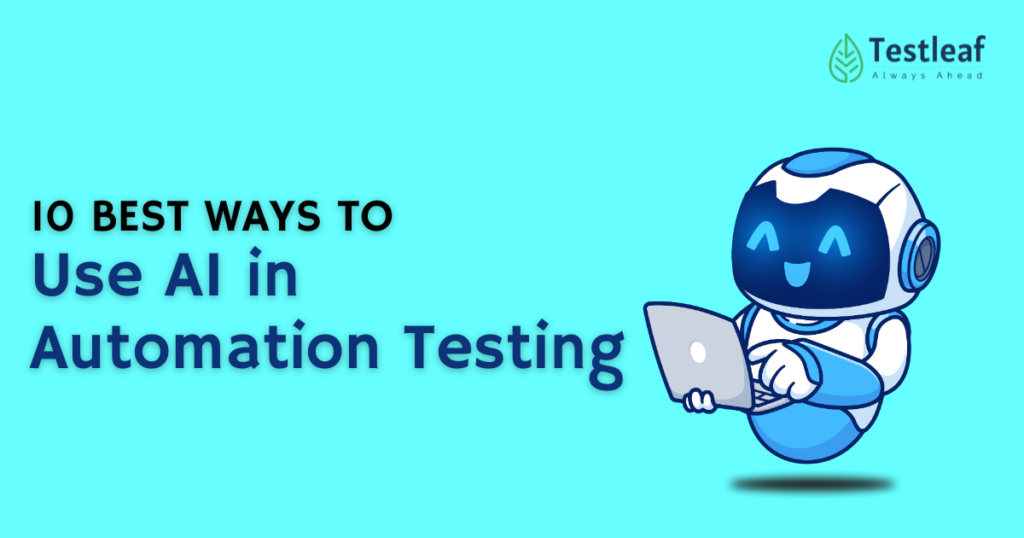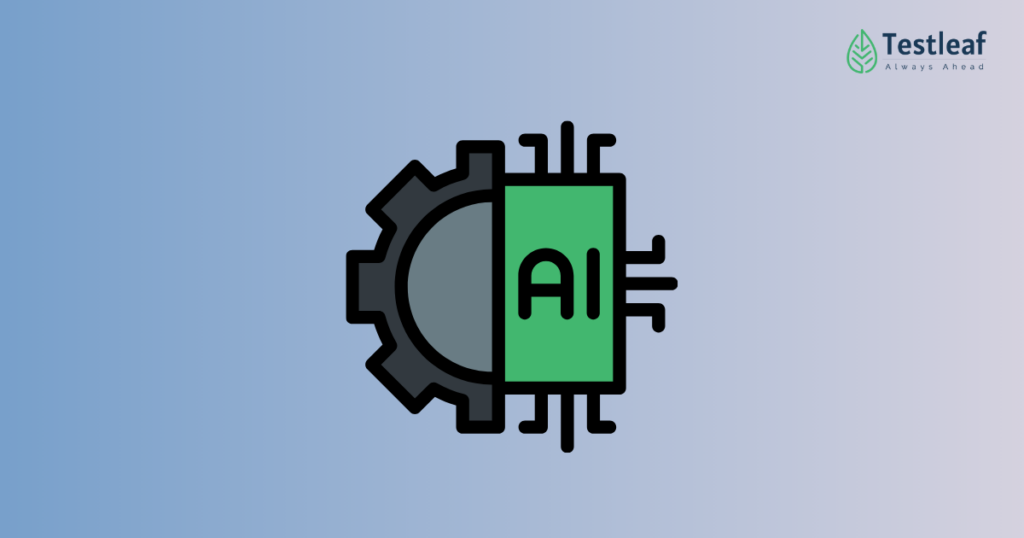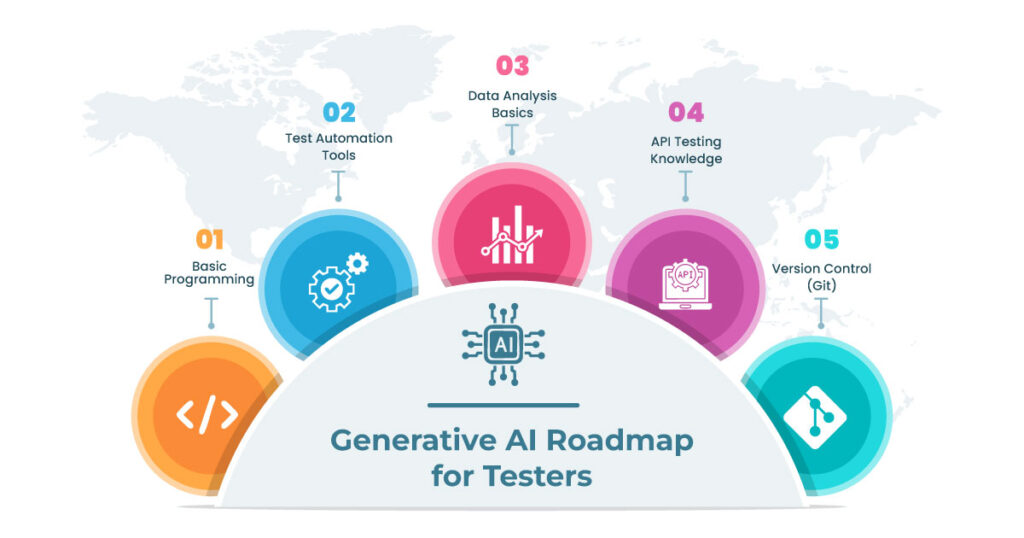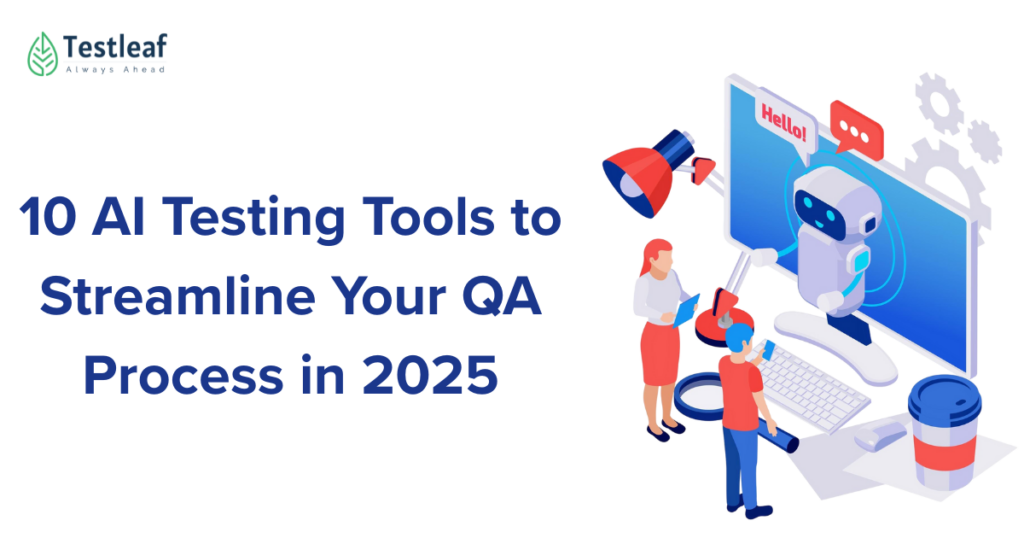Artificial Intelligence (AI) has evolved from a futuristic concept to a daily reality — powering chatbots, automation systems, and self-learning applications across industries. As we step into 2026, the demand for AI Engineers is soaring, with organizations seeking experts who can build, train, and deploy intelligent models that transform decision-making and efficiency.
If you’re wondering how to start your journey as an AI Engineer, this roadmap will help you progress from beginner to expert, with clear milestones, essential tools, and skills to master along the way. Whether you’re a student, manual tester, automation engineer, or QA professional, this is your complete guide to launching a career in AI — especially in the fast-growing area of AI in software testing.
What Does an AI Engineer Do?
An AI Engineer develops intelligent systems that can think, learn, and act with minimal human input. Their work goes beyond coding — it’s about designing algorithms that recognize patterns, process data, and make smart predictions.
In today’s QA and DevOps world, AI engineers are revolutionizing testing practices through AI in software testing, enabling:
- Automated defect prediction and prevention
- Smart test case generation
- Real-time test optimization
- Intelligent data analysis for faster releases
These innovations are creating smarter, more adaptive software testing pipelines that improve accuracy and speed across the development cycle.
Skills You Need to Become an AI Engineer in 2026
The AI field demands a combination of technical expertise, analytical thinking, and creativity. Below are the core skills that every aspiring AI Engineer must develop:
1. Programming Languages
Start with Python — the universal language of AI. Learn libraries like NumPy, Pandas, and Matplotlib for data manipulation and visualization. Java, C++, and R can also be useful depending on your project scope.
2. Mathematics & Statistics
Strong knowledge of linear algebra, probability, and statistics is essential for understanding how AI models learn and make predictions.
3. Machine Learning (ML)
Learn the fundamentals of supervised, unsupervised, and reinforcement learning. These are the building blocks of intelligent automation and predictive modeling.
4. Deep Learning & Neural Networks
Master tools like TensorFlow, Keras, and PyTorch to build models that can recognize images, understand speech, and process natural language.
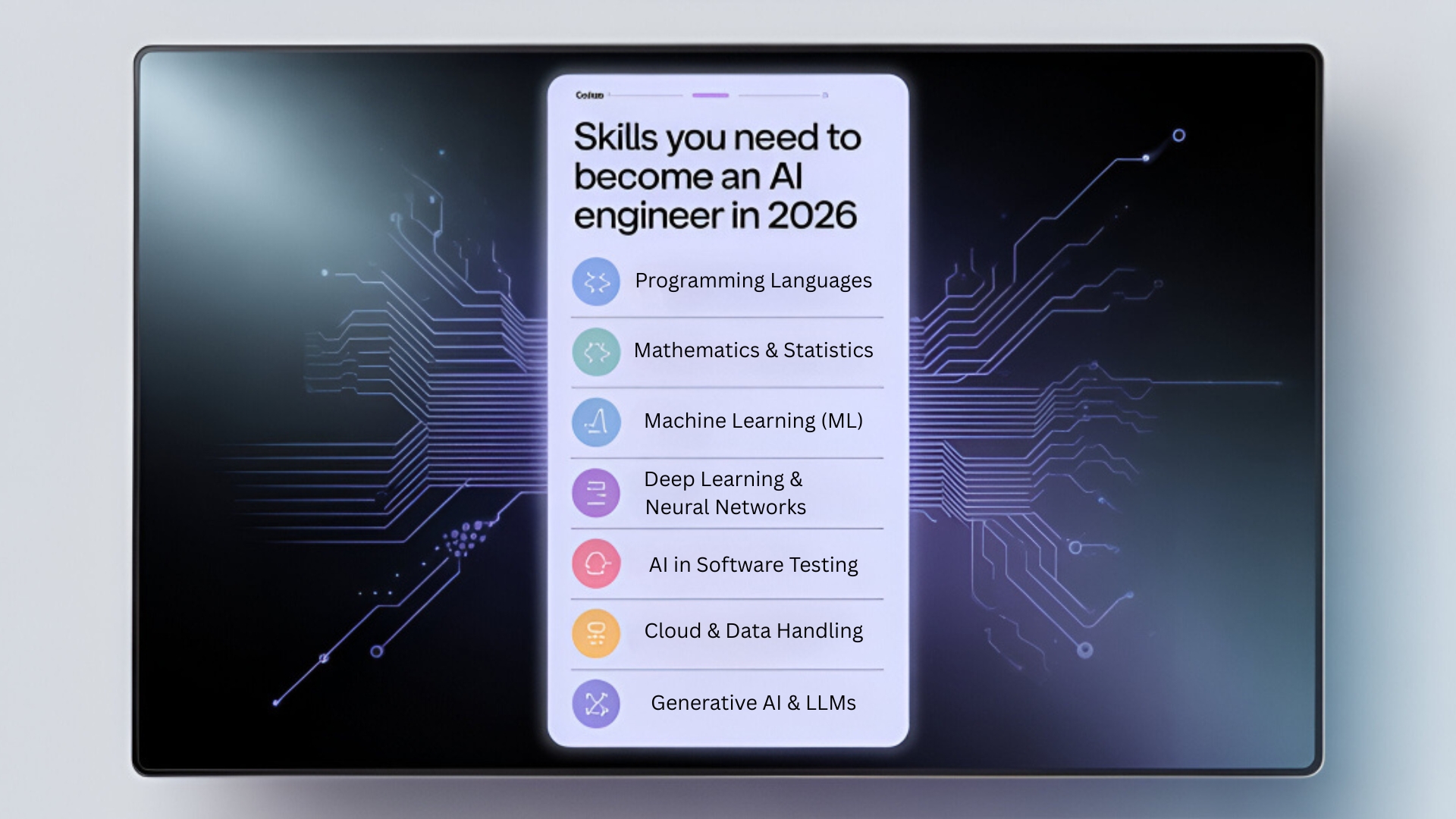
5. AI in Software Testing
This is where AI meets quality engineering. Learn how to apply AI algorithms in testing workflows for:
- Automated test case generation
- Smart test prioritization
- Defect clustering and root cause analysis
- Predictive maintenance in CI/CD pipelines
6. Cloud & Data Handling
Familiarize yourself with AWS AI Services, Google Cloud AI, or Azure Machine Learning to build and deploy large-scale models efficiently.
7. Generative AI & Large Language Models (LLMs)
Understand how tools like ChatGPT, Claude, and Hugging Face Transformers work, and how they can be integrated into intelligent applications or testing frameworks.
The AI Engineer Roadmap: From Beginner to Expert
This roadmap outlines the learning path and milestones to guide your journey toward becoming a proficient AI Engineer by 2026.
Stage 1: Beginner — Building the Foundation
At this stage, your focus should be on developing a strong understanding of the basics.
- Learn Python and its AI libraries
- Study linear algebra, statistics, and probability
- Understand the core concepts of AI and ML
- Explore data visualization tools like Matplotlib and Seaborn
Milestone: Build your first simple machine learning model, such as predicting house prices or classifying emails.
Stage 2: Intermediate — Hands-On AI Development
Now that you have a foundation, start applying what you’ve learned.
- Work on real-world datasets using Kaggle or UCI Machine Learning Repository
- Build basic AI pipelines with TensorFlow or PyTorch
- Learn about AI in software testing and how it transforms QA automation
- Implement a project where AI predicts test failures or identifies flaky tests
Milestone: Create a small AI project portfolio on GitHub showcasing your progress.
Stage 3: Advanced — Specialization & Automation
At this point, focus on advanced topics that give you an edge.
- Learn Natural Language Processing (NLP), Computer Vision, and Reinforcement Learning
- Dive deeper into Generative AI models and AI-driven testing frameworks
- Experiment with integrating AI into CI/CD pipelines for intelligent test automation
Milestone: Build an end-to-end AI system — for example, an AI model that autonomously generates test data or optimizes software testing cycles.
Stage 4: Expert — AI Agentic Testing & Deployment
This is where you evolve into a full-fledged AI Engineer capable of designing agentic systems.
- Master AI Agentic Testing, where AI autonomously plans and executes test cases based on system feedback
- Optimize model performance for scalability and accuracy
- Work on MLOps (Machine Learning Operations) for model deployment and monitoring
Milestone: Launch an AI project that integrates automation, model training, and decision-making into a single continuous workflow.
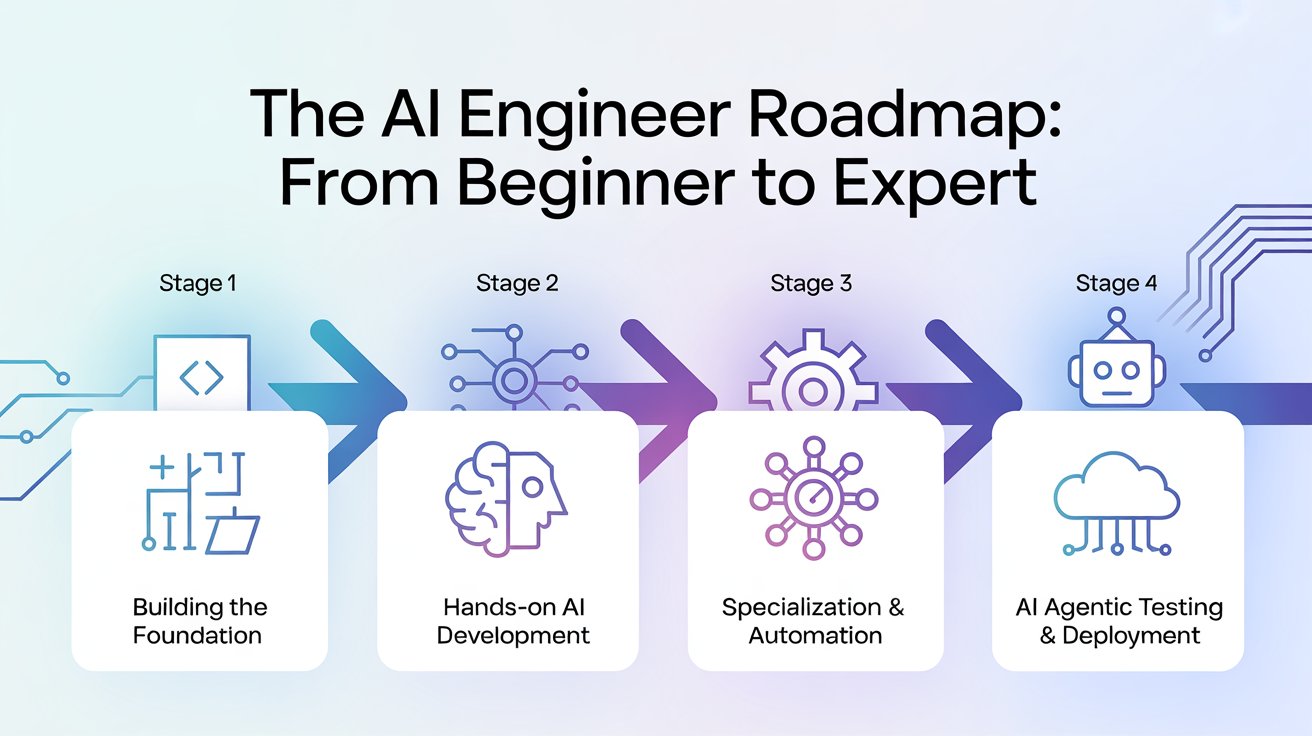
Essential Tools for Every AI Engineer
- Programming & Libraries: Python, TensorFlow, PyTorch, Keras, Scikit-learn
- Data Management: SQL, Pandas, NumPy, Apache Spark
- Visualization: Tableau, Power BI, Matplotlib
- Version Control: Git, GitHub
- Cloud Platforms: AWS AI, Google Cloud AI, Azure ML
- AI Testing Tools: Testim, Functionize, Diffblue, and AI-powered Selenium frameworks
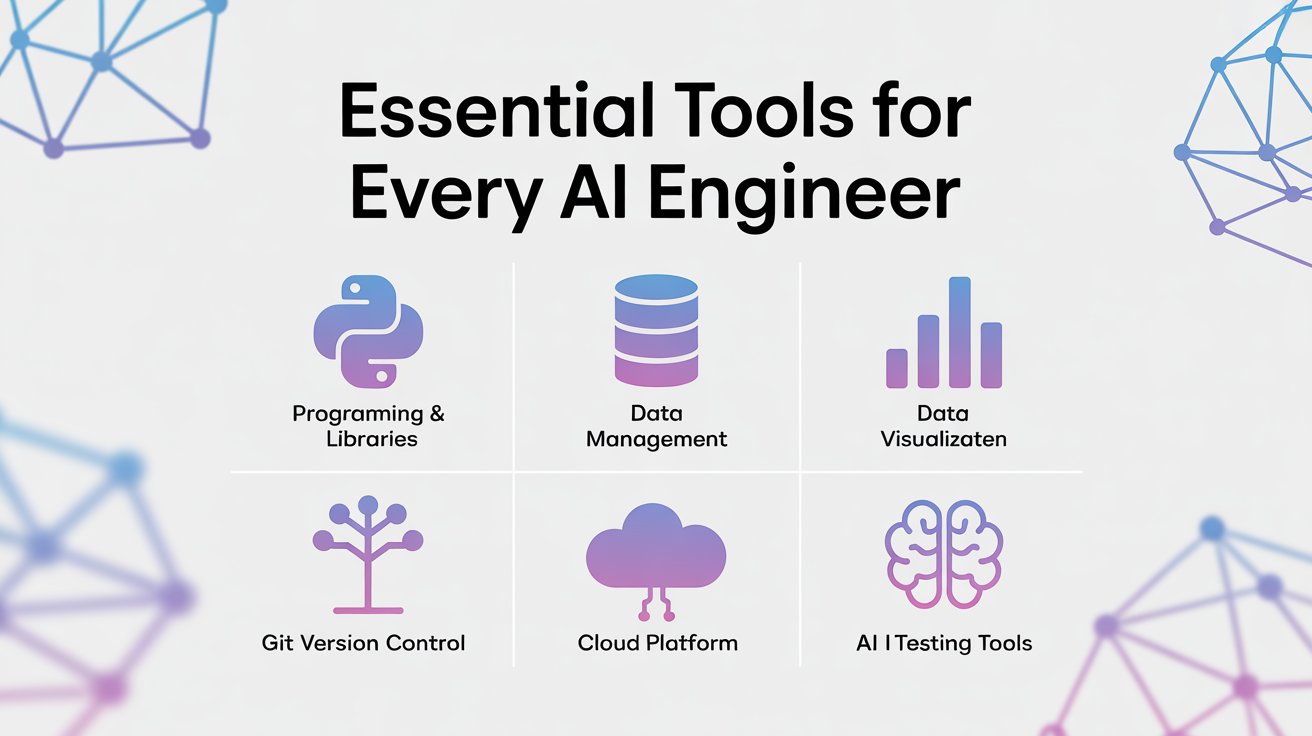
AI Engineer Salary Trends for 2026
With AI becoming central to business operations, AI Engineers are among the highest-paid professionals in tech.
- Entry-level AI Engineer: ₹8–12 LPA
- Mid-level AI Engineer: ₹18–30 LPA
- Senior/Lead AI Engineer: ₹35–60 LPA+
Globally, experienced professionals can earn between $130,000–$220,000 annually, especially in domains like AI in software testing, data automation, and generative AI systems.
Final Thoughts
The AI Engineer roadmap for 2026 is all about structured learning, real-world practice, and consistent upskilling. The transition from beginner to expert doesn’t happen overnight — it’s a journey built through hands-on projects, collaboration, and exploration of emerging tools.
Whether you start from QA, automation, or development, the future lies in integrating AI into your skill set. By learning AI in software testing, machine learning frameworks, and generative models, you’ll not only stay relevant but lead the next generation of innovation.
To get a job in this evolving field, enhancing your skills is essential. Start your journey today — explore online resources, join AI-focused programs, and step confidently toward a career that defines the future of technology.
FAQs
1. What is the main role of an AI Engineer?
An AI Engineer designs and builds intelligent systems that can analyze data, learn from it, and make smart decisions with minimal human intervention.
2. What skills are required to become an AI Engineer in 2026?
You’ll need programming expertise in Python, a solid understanding of mathematics and machine learning, and hands-on experience with tools like TensorFlow, PyTorch, and cloud AI platforms.
3. How is AI used in software testing?
AI improves testing through smart test generation, predictive defect analysis, and automation powered by machine learning, leading to faster, more reliable results.
4. What is the average salary of an AI Engineer in 2026?
In India, AI Engineers can earn between ₹8–60 LPA depending on experience, while globally, salaries range from $130,000 to $220,000 annually.
5. How long does it take to become an AI Engineer?
With consistent effort and hands-on learning, it typically takes 12–18 months to transition from beginner to proficient AI Engineer.
We Also Provide Training In:
- Advanced Selenium Training
- Playwright Training
- Gen AI Training
- AWS Training
- REST API Training
- Full Stack Training
- Appium Training
- DevOps Training
- JMeter Performance Training
Author’s Bio:

Content Writer at Testleaf, specializing in SEO-driven content for test automation, software development, and cybersecurity. I turn complex technical topics into clear, engaging stories that educate, inspire, and drive digital transformation.
Ezhirkadhir Raja
Content Writer – Testleaf
